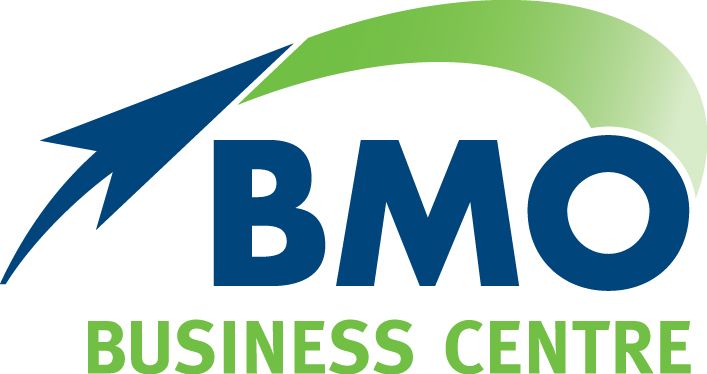More money in your pocket
More money in your pocket, by paying off your mortgage faster
For most of us, our mortgage is our biggest financial burden - and one that’ll be with us for decades. However, it’s important to remember that the life of a home loan doesn’t need to be as long as the contract suggests; you’re free to pay it off faster and take that financial load off your shoulders sooner.
Chipping away at your mammoth mortgage takes a committed plan, so here are some savvy ways to be debt-free earlier than originally planned.
Consider making fortnightly payments
If you're paying your mortgage off monthly, consider switching to fortnightly repayments. It may seem like a trivial move, but by paying half the monthly amount every two weeks you can actually make the equivalent of an extra month's repayment each year. This small move will compound over the life of your loan, reduce the interest paid and allow you to pay off your principal sooner.
Case study
Peta and Alex have a new home loan of $500,000 at a variable interest rate of 6.66% per annum and they’ve chosen to repay principal and interest over a 30-year term. Their monthly repayments at that rate would be $3,213 (not including additional fees and charges).
But if the couple decide to make fortnightly repayments of half their original monthly repayment ($1,607) they would be paying more off their mortgage by the end of the year, i.e., less interest therefore saving them money.
In the long term, they’d pay off their loan more than six years sooner and save around $160,000 in interest (if their interest rate remained the same for the life of the loan).
Make a lump sum payment
A one-off lump sum payment like a redundancy cheque or inheritance as well as semi regular additional payments such as a tax return or work bonus – especially during the first few years of a typical mortgage – could carve years (and cash) off your mortgage and help you get debt-free faster.
It’s important to note that placing a lump sum payment on your mortgage won’t lower your repayments. However, it will help you save on the interest component and lower the total amount of time left on your home loan.
Look at refinancing
By giving your existing mortgage a health check, you could find there is a better rate, or even a better bank, out there for you. Just because you signed on the dotted line for 20, 25 or 30 years doesn’t mean you need to stick with the same lender.
Refinancing could get you a lower interest rate which would ease the hip pocket, but if you can manage to keep making the higher repayments moving forward, you’ll end up reducing the life of your loan.
If you have at least 20% equity in your home and a great credit score, you'll have more bargaining power. Carefully read the fine print to be aware of hidden costs like annual fees or ‘honeymoon’ interest rates that could change after an introductory period, application fees, valuation fees and break fees.
Get into an offset account
You don’t need to keep your savings and your mortgage separate, in fact, they work better together. By putting your savings or even salary in an offset account with a redraw facility, you can reduce the amount of interest you pay but still have access to your funds if you need them.
Ultimately, the more money you keep in your offset account, the bigger the savings and the faster your loan will be paid off.
To work out how you could be mortgage-free sooner while shaving thousands off your home loan talk to us today.
NOTE: Interest rates, fees, regular repayments, and the potential savings will vary depending on your unique circumstances. All calculations have been calculated using the moneysmart.gov.au mortgage calculator.


